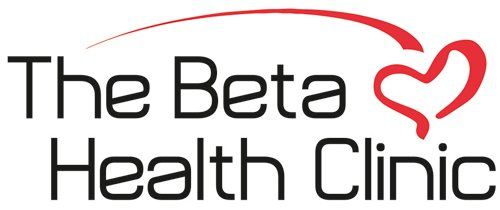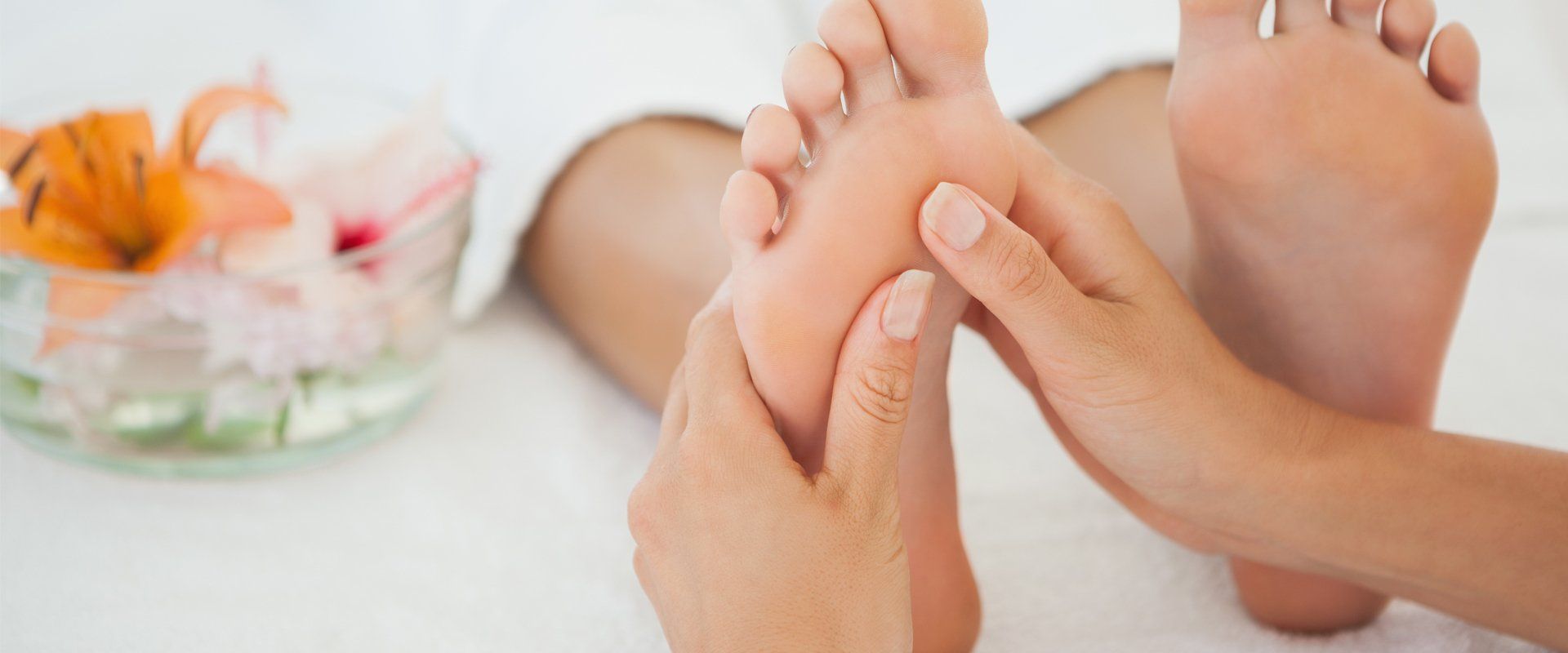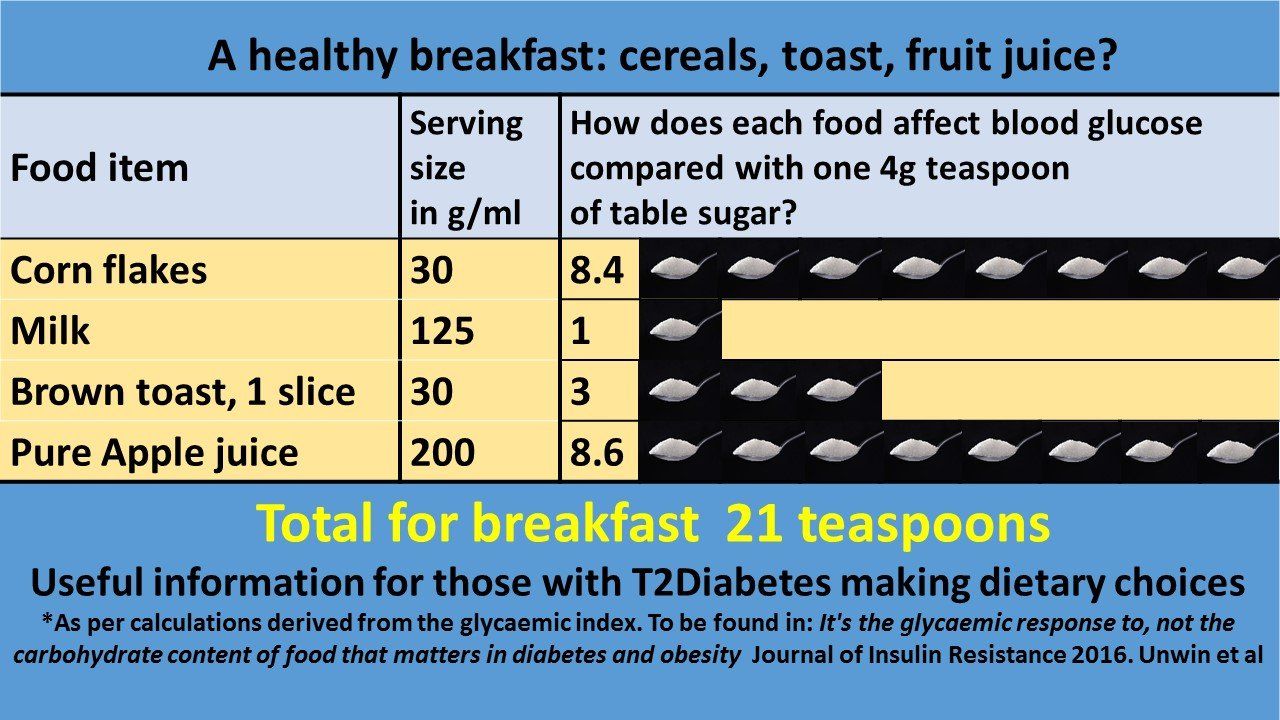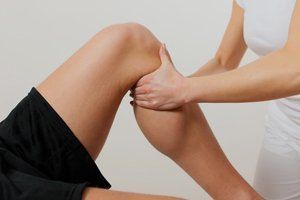Podiatry FAQs
Let us know any other questions you'd like answered!
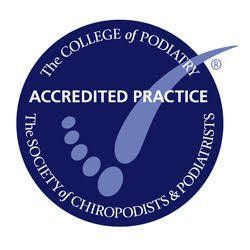
What is the difference between chiropody and podiatry?
Basically none. Chiropody is being phased out as the name for healthcare professionals who deal with the foot and lower limb and is being replaced with the globally recognised term of Podiatry. Currently, podiatrists required a university degree in order to practice; however, some practitioners do not have a degree, having had their previous work experiences and diplomas assessed as equivalent. All podiatry practitioners are registered with the Health and Care Professions Council (HCPC) and most are members of the Society of Chiropodists and Podiatrists, so all treatments meet a high standard of care. All Betafeet Podiatry practitioners have BSc Hons degrees.
So what is a foot health professional
Foot health professionals are not podiatrists or chiropodists, the latter being subject to regulation, but are now accredited by the Professional Standards Authority for Health and Social Care (PSA). Training by foot health professionals has largely been done through distance learning.
Can anyone be treated by a podiatrist?
Yes. Foot problems can occur at any age, not just when you are older. We even had a nine-month old infant in the clinic recently whose parents were concerned about how his toes were curling in and wanted advice on how to cut his nails. People attend the Podiatrist for many different reasons. It may be that they are having difficulty managing their toenails on their own or that they are experiencing pain in their feet. At Betafeet Podiatry we are able to deal with a wide variety of foot issues.
Can I get podiatry on the NHS?
The National Institute for Health and Care Excellence (NICE) recommends that footcare services related to long term, high-risk conditions such as diabetes, peripheral arterial disease (PAD) and rheumatoid arthritis should be available on the NHS. If you want NHS treatment, contact your GP or local podiatry clinic to see if you qualify; chances are if your condition is not affecting your health or mobility, such as verrucae and corns, you are unlikely to be eligible for NHS podiatry.
How much are your treatments?
it ranges from regular nail cutting service to nail surgery. We are unable to diagnose your problem over the phone; the podiatrist is the expert in such matters, and as such is in the best position to advise treatment. Whether you are a new patient or a regular, you will be advised of our prices and no treatment will be undertaken without your consent.
How long is an appointment?
Appointments are generally 30 minutes in duration. Assessments such as biomechanical or diabetic or vascular are normally 45 minutes and nail surgery around 45 minutes to an hour.
What do I need to bring with me to my treatment?
Podiatry is a medical profession and therefore podiatrists have to ask you questions about your health, and so a medical record will be created for you and updated on every visit. Many things can affect your lower limbs such as diabetes, arthriti, heart and lung problems and medications. It would be appreciated if you could bring with you a list of your current medications to your appointment. We ask that you try to arrive 10 minutes ahead of your first appointment to fill out our Patient Contact Details and Medical History Questionnaire.
What does general podiatry involve?
General podiatry usually involves nail cutting and filing, removal of hard skin (calluses), treatment of corns, verrucae.
How do you treat a verruca?
A verruca is of viral origin, which the body should resolve on its own. are there stresses? Dietary deficiencies? General health or wellbeing issues? At Betafeet Podiatry we can offer verruca treatment through cryosurgery, needling and other possible methods, but we try to focus on deeper issues that make a verruca unresponsive to treatment. t worked.
What treatment do you use for fungal nails?
A fungal nail infection occurs when a fungus attacks a fingernail, toenail, or the skin under the nail, called the nail bed. Fungal nail infections are not usually painful at first, but if left untreated, the infection may spread and cause complications such as cellulitis skin infection. A fungal nail infection could lead to more serious problems if you have diabetes or a weakened immune system. s Foot is advisable.
If your toenails become thick, discoloured and uncomfortable, a visit to the podiatrist is strongly advised. The nail(s) can be thinned, which reduces thickness and pressure. Alternatively, a sufferer could purchase over-the-counter fungal treatments or see the GP for prescribed medication.
Do you do medical pedicures? No. But watch this space.
Should I remove nail varnish before I visit the podiatrist?
Yes, we prefer to see the naked toe(s) and evaluate the condition of your nails. It's nice to get a pedicure, but most nail bars do not use sterilised instruments or files. Check that your pedicurist does.
I am under the age of 16. Can I come on my own to my treatment?
No, a parent or legal guardian must be present for your treatment, and if nail surgery is required, they parent or legal guardian must sign a consent form, which also asks for your signature to ensure that you clearly understand the procedures being undertaken.
Can I claim the cost of my treatment back on a health plan?
Yes, many health care plans will reimburse you. Betafeet Podiatry can issue you with a suitable receipt should you require it. Please check with your plan provider for details of your allowance.
Do you provide a home visiting service?
Home visits can be arranged for those patients who are unable to leave their homes. Please contact us to arrange an appointment.
www.betafeetpodiatry.co.uk
Tel 01442 822990

